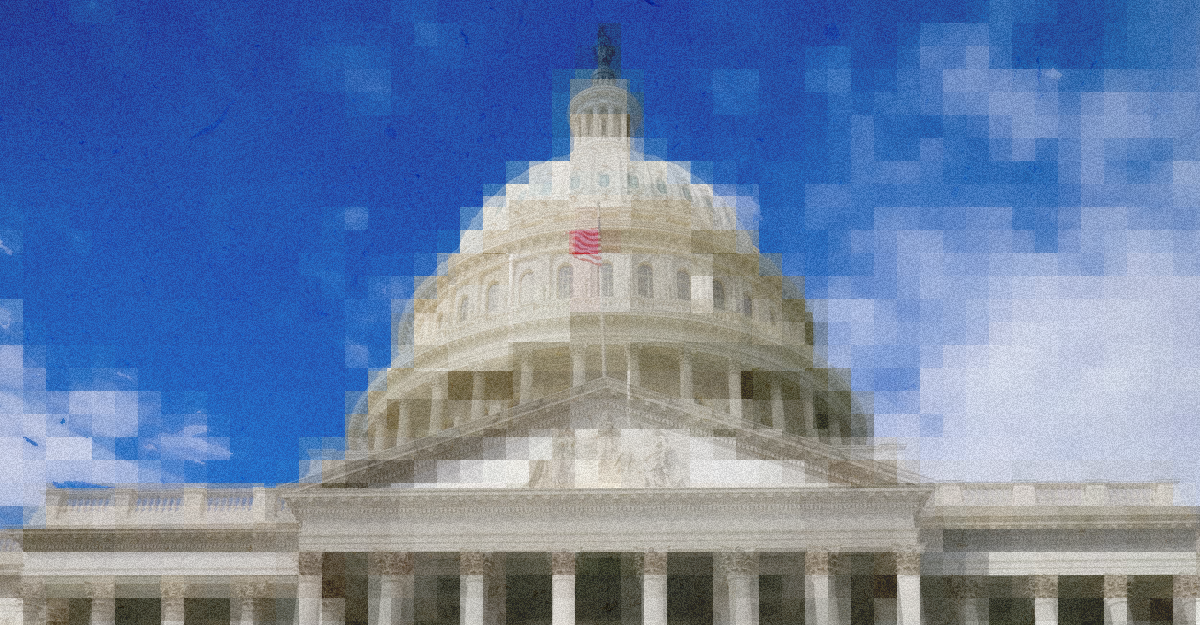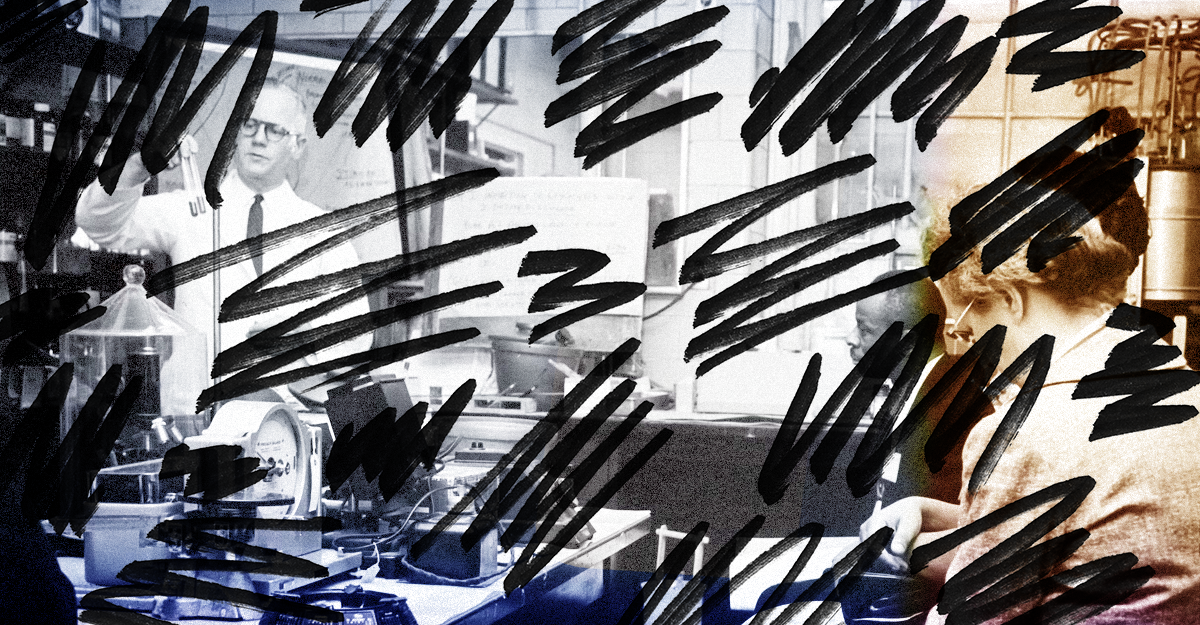
The federal government has a long history of creating and deploying innovative science and technology solutions – but institutional complexity and bureaucratic bottlenecks too often stifle its ability to solve problems. Amongst the many challenges facing the legislative and executive branches, tools and approaches currently exist that can dramatically increase government’s ability to deliver for the American people, but these tools remain underappreciated and underutilized.
The Federation of American Scientists aims to help the government identify, define, prioritize and champion solutions to society’s most pressing needs, with a focus on financial mechanisms, modernization, and talent and hiring as key drivers for change.
This rule gives agencies significantly more authority over certain career policy roles. Whether that authority improves accountability or creates new risks depends almost entirely on how agencies interrupt and apply it.
Our environmental system was built for 1970s-era pollution control, but today it needs stable, integrated, multi-level governance that can make tradeoffs, share and use evidence, and deliver infrastructure while demonstrating that improved trust and participation are essential to future progress.
Durable and legitimate climate action requires a government capable of clearly weighting, explaining, and managing cost tradeoffs to the widest away of audiences, which in turn requires strong technocratic competency.
The American administrative state, since its modern creation out of the New Deal and the post-WWII order, has proven that it can do great things. But it needs some reinvention first.

As we approach the 250th anniversary of our Constitution, we can build momentum toward such reforms by creating opportunity reimagine what sort of government we want, and to what end.

The FDA can better leverage Advisory Committee membership through expanding the role of the chair, overall committee composition, implementing mandatory training programs, and streamlining the conflict of interest process.

The federal government plays a critical role in correcting bias in technologies and incentivizing future processes for equitable innovation.

Improving American competitiveness, security, and prosperity depends on the ability to responsibly site, build, and deploy proposed critical energy, infrastructure, and environmental restoration projects.





